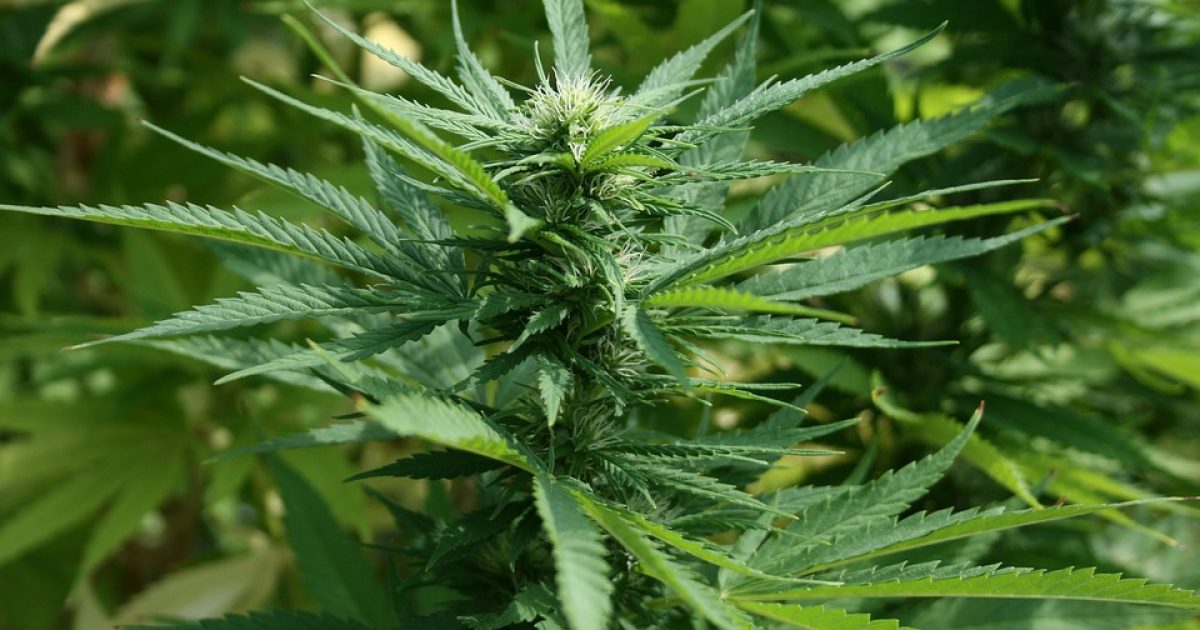
On Tuesday, June 25, 2019, Illinois became the 11th state to legalize marijuana consumption when Governor J.B. Pritzker signed SB2275 into law.
By signing SB2275 into law, Illinois became the first state pass a tax-and-regulate marijuana scheme through a legislature. Other states that have legalized marijuana have done so through ballot initiatives.
This bill, which goes into effect on January 1, 2020, allows adults 21 and up to consume, possess, and purchase certain amounts of cannabis. Additionally, it contains provisions to promote “social equity in the legal industry.”
Individuals who were previously convicted for possession of 30 grams or less of cannabis will have their records immediately expunged. Even those convicted of possessing more than 30 grams but less than 500 grams could petition the courts to clear their records.
During the signing ceremony, Pritzker said “As the first state in the nation to fully legalize adult use cannabis through the legislative process, Illinois exemplifies the best of democracy—a bipartisan and deep commitment to better the lives of all of our people.”
The Illinois Governor added, “Legalization of adult use cannabis brings an important and overdue change to our state, and it’s the right thing to do.”
Steve Hawkins, executive director of the Marijuana Policy Project, also lauded Illinois’s bold move to legalize marijuana.
“We applaud the Illinois Legislature and Gov. Pritzker on this resounding victory for personal liberty, racial justice, and common sense,” he said in a press release. “Illinois’ focus on fairness and equity in legalization should be a model for other states.”
According to Marijuana Moment, this bill features several taxes on marijuana sales in the state:
Marijuana sales for flower containing up to 35 percent THC will be taxed at 10 percent. There will be a 25 percent tax on products containing more than 35 percent THC. And cannabis-infused products will be taxed at 20 percent. That’s in addition to the state’s 6.25 percent sales tax; local jurisdictions have the option to impose another 3.5 percent tax.
Ideally, marijuana products should be taxed lightly, and in the long-term, not taxed at all. Nevertheless, Illinois’ move to legalize marijuana marks a positive first step in ending the Drug War. Although not an ideal legislation, this opens up new opportunities for freedom activists to position their ideas of low taxation and regulation now that the marijuana sector is nominally legal in several states throughout the country.
One thing is certain:
The Drug War’s end could not come soon enough.



